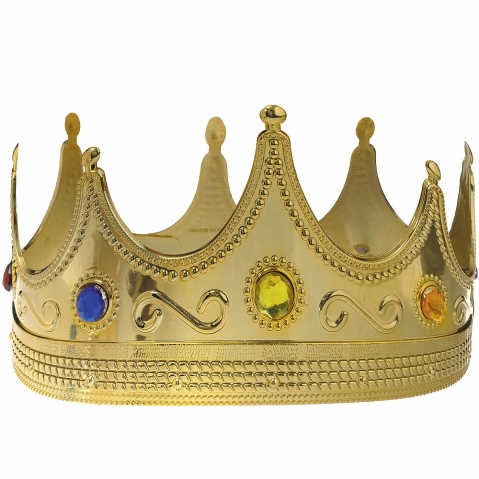An Upcoming Return to the Monarchy?
OP-ED
The President-Elect and soon-to-be 5th (and first female) President of Georgia, Salome Zurabishvili, had social networks were buzzing with questions as to where her inauguration ceremony would be held- with Tbilisi, Kutaisi, Poti and Telavi tossed in the pot of suggestions. The lady herself put paid to the gossip when she announced Telavi (Kakheti) as her choice, specifically the Royal Palace of Erekle II.
Zurabishvili’s choice was in a way exotic and has diversified the traditional location of inaugurations, which have always taken place in front of the (old) Parliament building in Tbilisi. Moving a ceremony of such importance from the capital to the region was perceived as an interesting step, however, only until we take a closer look, because when we do, we might read Salome’s monarchical “weaknesses” between the lines. Ms. Zurabishvili has previously stated that she is convinced that in order to restore the territorial unity of the country, it is important to restore the monarchy, which would replace the current parliamentary republic. A year ago she wrote on her Facebook page that the country is practically without experience of being under a parliamentary system, and that it is run by parties which have zero trust from the public.
If we take into consideration King Erekle II and the Russian-Georgian epopee of those times, we can easily guess how this decision can be interpreted in the Kremlin. In 1783, in the tractate signed by King Erekle II in Georgievk – the existence of the Georgian state was terminated for good. We all know the attitude of the Kremlin towards signs and symbols, hence nothing can be ruled out. Although they have yet to comment, local political experts have started analyzing the issue. Gia Khukhashvili believes that holding the inauguration ceremony in Telavi raises associations of the ending of the Presidential era in the country.
“It is rather unfortunate that such decisions are made. If we are talking about symbolism, we see that it has a more negative connotation than positive. This city is symbolically associated with the ending of monarchy, that is, of statehood. Telavi is surely one of the cultural centers and I love it a lot, but the symbolism is still sad and negative. If we’re talking about “Patara Kakhi,” King Erekle II, the associations that come up are ones about the tractate with Russia and integration into the Empire,” he said in an interview with Interpressnews.
The idea of restoring the monarchy in Georgia is not new and doesn’t belong to Patriarch Ilia II or Salome Zourabishvili. It was re-born as early as 2006, when now-deceased Evgeny Primakov was appointed as the Curator of Georgian Affairs in the Kremlin. In 2007, the descendent of local Bagrationis was quickly married to the descendent of the Spanish branch. The marriage quickly dissolved, but with the help of local monarchists it was restored and soon the “Prince” was born in the country. The plan of the Kremlin is quite simple, as restoring the monarchy in any form would mean leaving the occupied territories out of the constitutional space, as in the tractate signed in 1783, it was the kingdom of Kartl-Kakheti that entered Russia and not Georgia as a whole and nor was King Erekle II the king of a unified Georgia.
The Church initiated the unhappy marriage mentioned above. Even now, the Church and the Patriarch support the idea of restoring the monarchy and raising the “Prince.” "The Prince must be brought up around the ecclesiastical persons, under the supervision of the Patriarch," said Ilia II during one of his Sunday Liturgies last year. However, nobody has mentioned either the monarchy, or the Prince since then. The monarchical messages coming from the newly elected President have blown new life to this process.
How events will develop on this front is difficult to foresee. The only think we can be sure of is that instead of restoring the Constitutional Monarchy, we will be left with a Theocratic one, where the ruling of the King, Parliament or any other State Institution will be replaced by that of the Patriarchate of Georgia.
Op-Ed by Zaza Jgarkava
Image source: partycity.com












